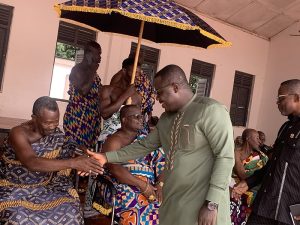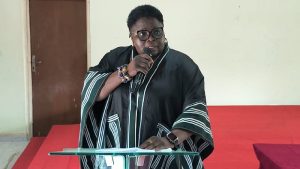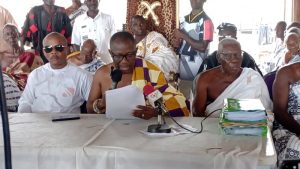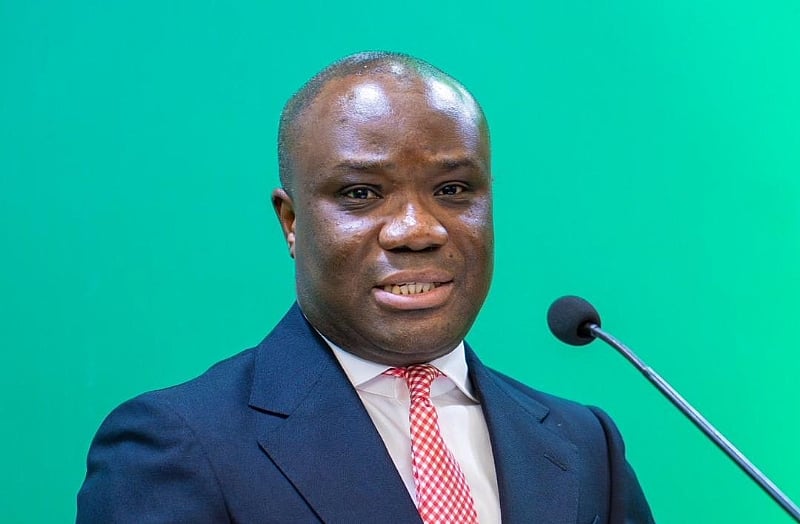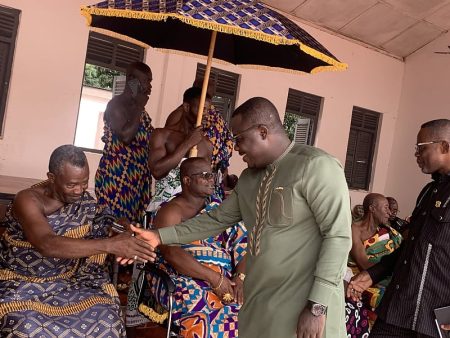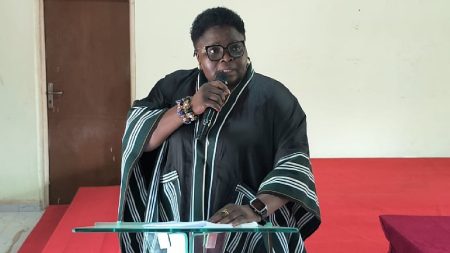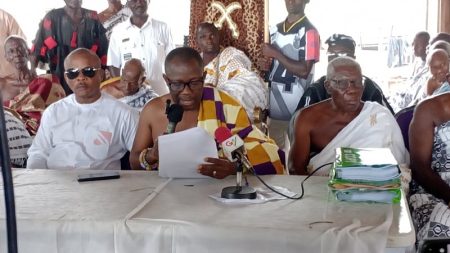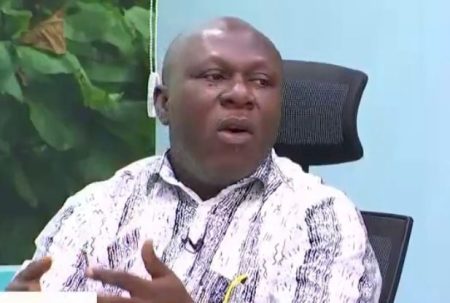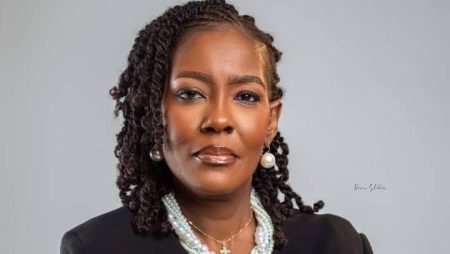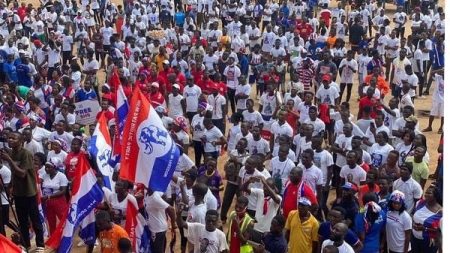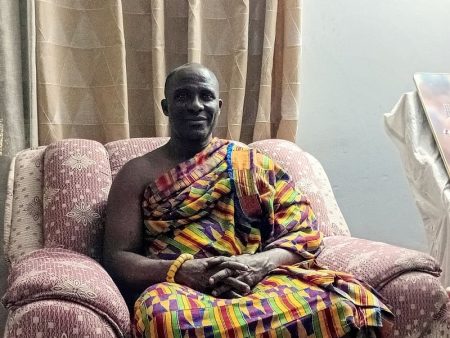The Mahama-led National Democratic Congress (NDC) government has reiterated its commitment to prudent fiscal management, contrasting its approach with what it characterizes as the financial recklessness of the preceding New Patriotic Party (NPP) administration. Felix Kwakye Ofosu, Minister of State for Government Communications, argued that the current economic challenges facing Ghana are a direct consequence of the NPP’s uncontrolled spending during its tenure. He emphasized the NDC’s resolve to prioritize critical sectors and operate within the nation’s financial capacity, avoiding the extravagant expenditures that he claims characterized the NPP’s governance. This commitment to fiscal discipline, according to Mr. Kwakye Ofosu, is evident in various government actions, including a more restrained approach to international engagements and a conscious effort to minimize delegation sizes.
The NDC government’s core economic strategy revolves around targeted investments in key sectors deemed essential for national development. This targeted approach aims to maximize the impact of limited resources and avoid wasteful expenditure on non-essential projects. Mr. Kwakye Ofosu highlighted the NDC’s commitment to living within its means as a fundamental principle guiding its economic policy. This fiscal prudence, he argues, is crucial for stabilizing the economy and laying the foundation for sustainable growth. The minister contrasted this approach with what he described as the NPP’s propensity for excessive spending, which he believes contributed significantly to the nation’s current economic difficulties.
The NDC government’s emphasis on fiscal discipline extends beyond budgetary allocations to encompass a broader culture of financial responsibility. This includes a more measured approach to international travel and representation. Mr. Kwakye Ofosu cited the comparatively small ministerial delegation to the Africa-Singapore Business Forum as a prime example of this new approach. He contrasted this with the purportedly large delegations that accompanied former President Akufo-Addo on his international trips, arguing that such practices contributed unnecessarily to government expenditure. This focus on minimizing costs associated with international engagements, he explained, is part of a broader effort to streamline government operations and ensure efficient use of public resources.
The NDC government’s strategy for economic recovery and growth hinges on a combination of fiscal discipline and strategic investments in critical sectors. By prioritizing essential areas such as infrastructure, education, and healthcare, the government aims to create a more robust and resilient economy. This approach, according to Mr. Kwakye Ofosu, represents a significant departure from the NPP’s alleged fiscal indiscipline, which he blames for exacerbating the nation’s economic woes. The NDC’s commitment to living within its means, coupled with its focus on strategic investments, is intended to restore economic stability and pave the way for sustainable development.
The contrast between the NDC’s current fiscal approach and the NPP’s previous spending habits forms a key narrative in the NDC’s economic policy pronouncements. Mr. Kwakye Ofosu repeatedly emphasized the importance of fiscal discipline as a cornerstone of responsible governance, contrasting the NDC’s approach with what he depicted as the NPP’s tendency towards extravagance. This narrative serves to underscore the NDC’s commitment to responsible financial management and to position the party as the more prudent steward of the nation’s resources. The government’s actions, such as minimizing delegation sizes and prioritizing essential expenditures, are presented as tangible evidence of this commitment.
The NDC’s economic policy, as articulated by Mr. Kwakye Ofosu, is built on the premise that fiscal discipline is a prerequisite for sustainable economic growth and development. By exercising restraint in government spending and focusing resources on critical sectors, the NDC aims to address the economic challenges inherited from the previous administration and lay the groundwork for a more prosperous future. This approach, which prioritizes long-term stability over short-term gains, represents a fundamental shift in economic policy, according to the NDC, and is presented as the most effective way to navigate the current economic landscape and secure a more sustainable future for Ghana. The emphasis on fiscal discipline, coupled with strategic investments, is presented as the cornerstone of the NDC’s economic recovery plan.


